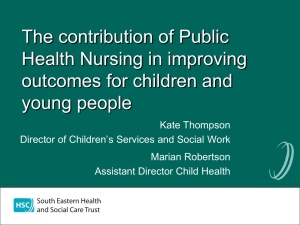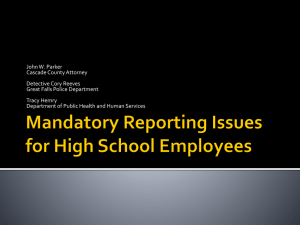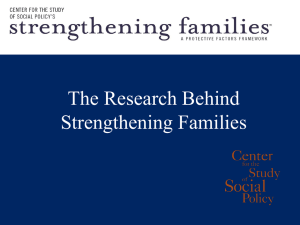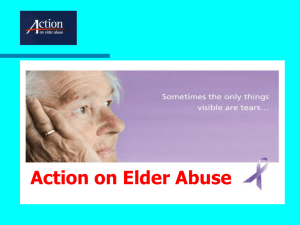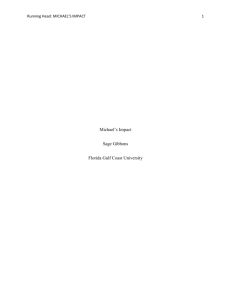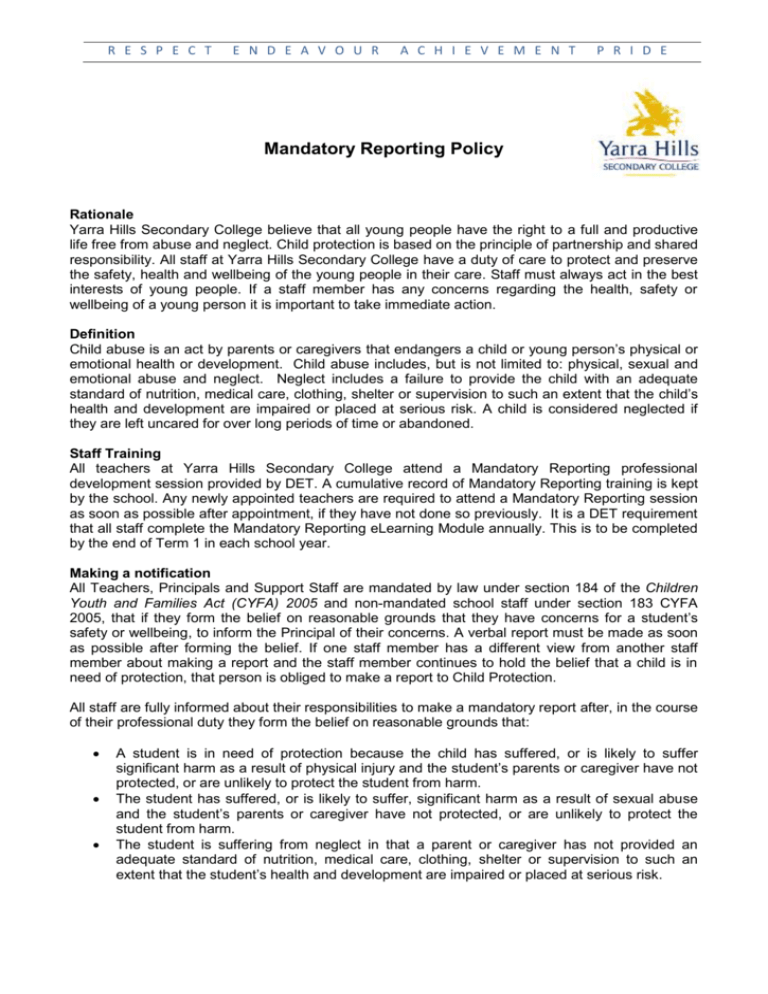
R E S P E C T
E N D E A V O U R
A C H I E V E M E N T
P R I D E
Mandatory Reporting Policy
Rationale
Yarra Hills Secondary College believe that all young people have the right to a full and productive
life free from abuse and neglect. Child protection is based on the principle of partnership and shared
responsibility. All staff at Yarra Hills Secondary College have a duty of care to protect and preserve
the safety, health and wellbeing of the young people in their care. Staff must always act in the best
interests of young people. If a staff member has any concerns regarding the health, safety or
wellbeing of a young person it is important to take immediate action.
Definition
Child abuse is an act by parents or caregivers that endangers a child or young person’s physical or
emotional health or development. Child abuse includes, but is not limited to: physical, sexual and
emotional abuse and neglect. Neglect includes a failure to provide the child with an adequate
standard of nutrition, medical care, clothing, shelter or supervision to such an extent that the child’s
health and development are impaired or placed at serious risk. A child is considered neglected if
they are left uncared for over long periods of time or abandoned.
Staff Training
All teachers at Yarra Hills Secondary College attend a Mandatory Reporting professional
development session provided by DET. A cumulative record of Mandatory Reporting training is kept
by the school. Any newly appointed teachers are required to attend a Mandatory Reporting session
as soon as possible after appointment, if they have not done so previously. It is a DET requirement
that all staff complete the Mandatory Reporting eLearning Module annually. This is to be completed
by the end of Term 1 in each school year.
Making a notification
All Teachers, Principals and Support Staff are mandated by law under section 184 of the Children
Youth and Families Act (CYFA) 2005 and non-mandated school staff under section 183 CYFA
2005, that if they form the belief on reasonable grounds that they have concerns for a student’s
safety or wellbeing, to inform the Principal of their concerns. A verbal report must be made as soon
as possible after forming the belief. If one staff member has a different view from another staff
member about making a report and the staff member continues to hold the belief that a child is in
need of protection, that person is obliged to make a report to Child Protection.
All staff are fully informed about their responsibilities to make a mandatory report after, in the course
of their professional duty they form the belief on reasonable grounds that:
A student is in need of protection because the child has suffered, or is likely to suffer
significant harm as a result of physical injury and the student’s parents or caregiver have not
protected, or are unlikely to protect the student from harm.
The student has suffered, or is likely to suffer, significant harm as a result of sexual abuse
and the student’s parents or caregiver have not protected, or are unlikely to protect the
student from harm.
The student is suffering from neglect in that a parent or caregiver has not provided an
adequate standard of nutrition, medical care, clothing, shelter or supervision to such an
extent that the student’s health and development are impaired or placed at serious risk.
R E S P E C T
E N D E A V O U R
A C H I E V E M E N T
P R I D E
Proof is not required that abuse or neglect has occurred or is likely to occur. A belief is sufficient. It
is the role of the Department of Health and Human Services and/or Victoria Police to determine
whether that belief should be investigated. Indicators of abuse or neglect must be interpreted with
regard to the individual young person’s normal level of functioning and developmental stage. Under
no circumstances should a staff member undertake a physical examination of a student, in order to
investigate a concern about abuse. Staff do not require the permission of parents, carers or
guardians to make a report to Child Protection, nor are they required to tell parents, carers or
guardians that they have done so. It is the responsibility of Child Protection to advise the parents,
carers or guardians of the interview at the earliest possible opportunity.
The following information will be required when making a report:
The child’s name, age and address
The name, age and address of any known siblings
Your reason for believing that the injury or behaviour is the result of abuse or neglect
Your assessment of the immediate danger to the child
Current whereabouts of the child or young person
Your description of the injury or behaviour observed
Any other information you have about the family
If a report is made in good faith:
It does not constitute unprofessional conduct or a breach of professional ethics on the part of
the reporter
The reporter cannot be held legally liable in respect of the report. This means that a person
who makes a report in accordance with the legislation will not be held liable for the eventual
outcome of any investigation of the report.
Forming a belief on reasonable grounds
A person may form a belief on reasonable grounds that a child is in need of protection after
becoming aware that a young person’s health, safety or wellbeing is at risk and the child’s parents
are unwilling or unable to protect the child.
There may be reasonable grounds for forming such a belief if:
A child or young person states that they have been physically or sexually abused
A child or young person states that they know someone who has been physically or sexually
abused (sometimes the child may be talking about themselves).
Someone who knows the child or young person states that the child or young person has
been physically or sexually abused.
A child shows signs of being physically or sexually abused.
The staff member is aware of persistent family violence or parental substance misuse,
psychiatric illness or intellectual disability that is impacting on the child or young person’s
safety, stability or development.
The staff member observes signs or indicators of abuse, including non-accidental
or unexplained injury, persistent neglect, poor care or lack of appropriate supervision.
A child’s actions or behaviour may place them at risk of significant harm and the child’s
parents are unwilling or unable to protect the child.
Any teacher who forms belief, on reasonable grounds, that a child has been abused or neglected
will discuss such concerns with the Principal, or the Wellbeing Coordinator, if they are unavailable.
At Yarra Hills Secondary College, the relevant Wellbeing Coordinator is informed and where
appropriate and possible will make the Mandatory Report.
R E S P E C T
E N D E A V O U R
A C H I E V E M E N T
P R I D E
During such discussions a decision would be made to do one or more of the following:
Make a Mandatory Report to the Department of Health and Human Services Child Protection
Contact the Department of Health and Human Services ChildFIRST and make a referral
Consult further either with regional staff or the centrally located Student Critical Incident
Advisory Unit on 9637 2934 or 9637 2487
Monitor the student/s over a pre-determined period and review their circumstances
Ensuring that a Child Protection interview takes place
The school does not have the power to prevent parents, carers or guardians from removing their
children from the school and should not attempt to prevent the parents, carers or guardians from
collecting the child. If a parent/carer or guardian removes a child before a planned interview has
taken place, the principal and/or their nominee should contact Child Protection or Victoria Police
immediately.
Failure to report
A failure by mandated professionals and staff members to report a reasonable belief that a child is
in need of protection from significant harm as a result of physical or sexual abuse may result in the
person being prosecuted and a court imposed fine under the CYFA.
Protecting the identity of the reporter
Confidentiality is provided for reporters under the CYFA. The CYFA prevents disclosure of the name
or any information likely to lead to the identification of a person who has made a report in
accordance with legislation, except in specific circumstances.
The identity of a reporter must remain confidential unless:
The reporter chooses to inform the child, young person or family of the report
The reporter consents in writing to their identity being disclosed
A court or tribunal decides that it is necessary for the identity of the reporter to be disclosed
to ensure the safety and wellbeing of the child
A court or tribunal decides that, in the interests of justice, the reporter is required to attend
court to provide evidence.
Confidentiality
Staff must respect confidentiality when dealing with a case of suspected child abuse and neglect,
and may discuss case details and the identity of the child or the young person and their family only
with those involved in managing the situation.
When a child or young person has moved to another school, professional judgement will be
exercised as to what information needs to be passed on. This will be guided by usual procedures for
passing on information about a child’s general wellbeing or special needs, and the role of the school
in any ongoing care plans.
Other related policies:
Duty of Care Policy
On-site supervision
Ratified by School Council October 2015


